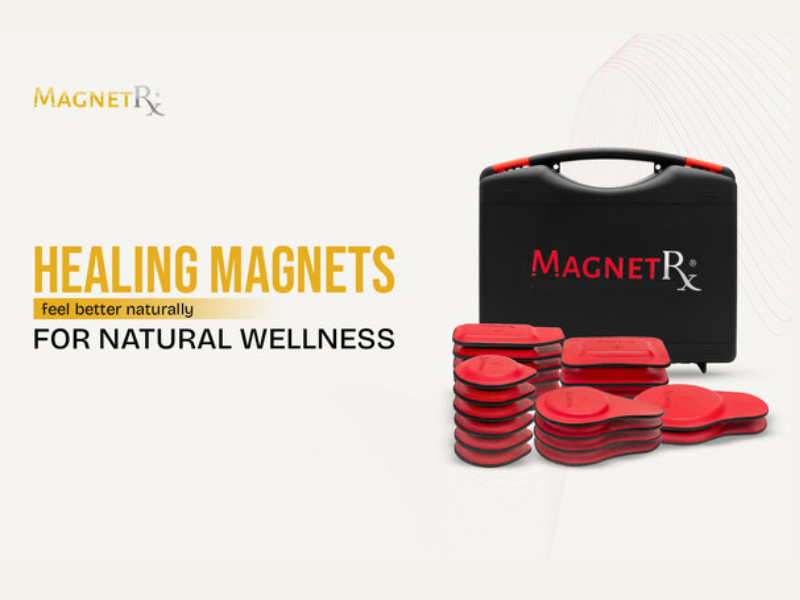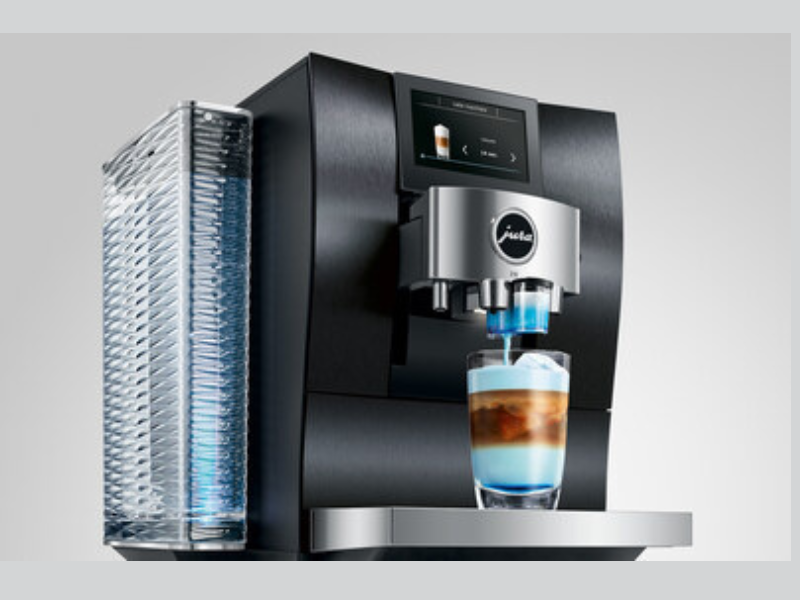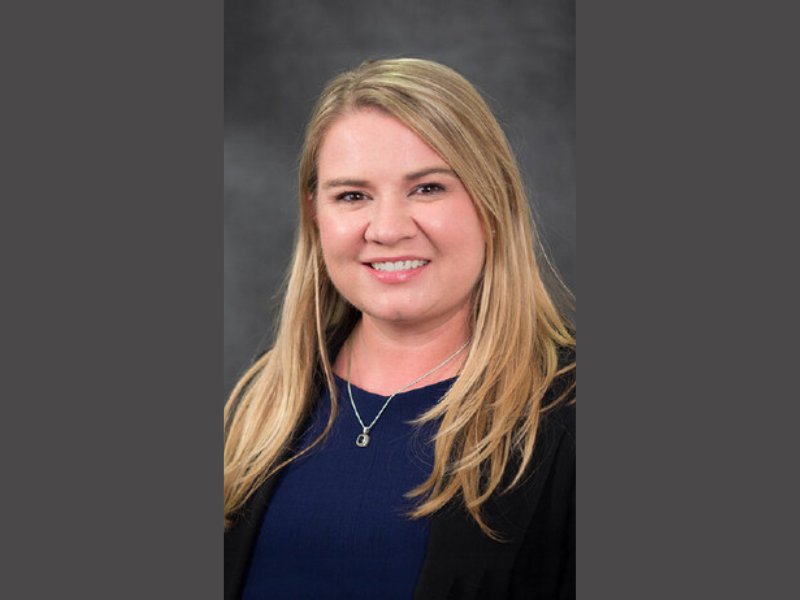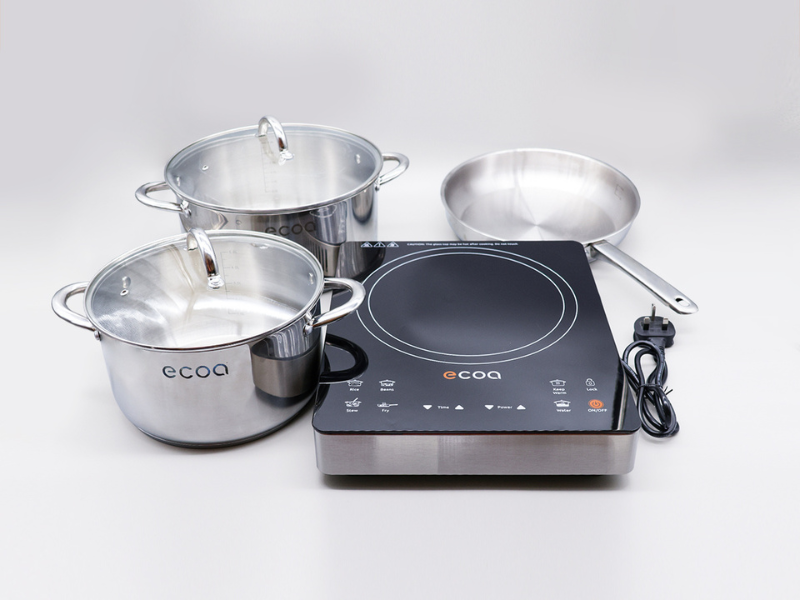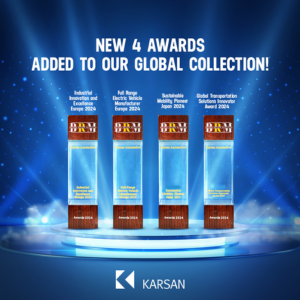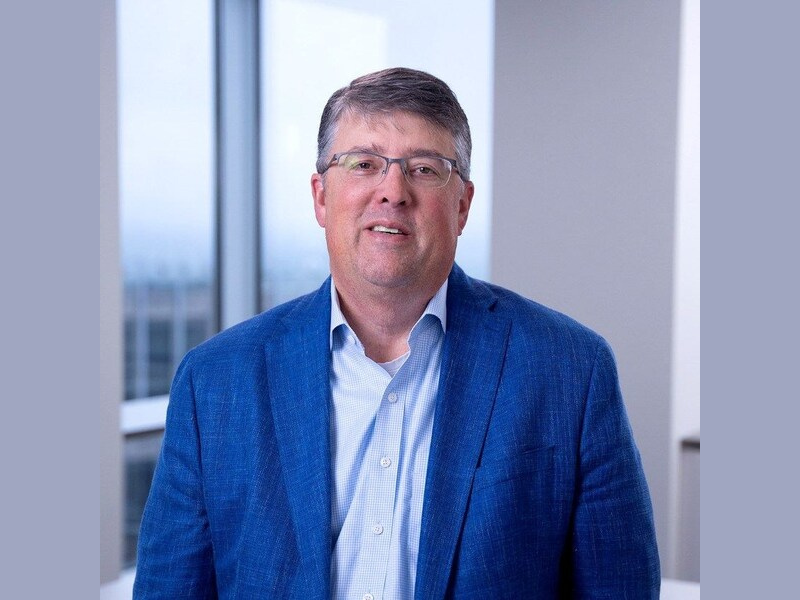One of Africa’s leading clean cooking companies and carbon project developer, BURN has recently unveiled its next-generation, tech-enabled electric cooking (e-cooking) product suite. BURN’s e-cooking products, the ECOATM Induction Cooker and the ECOATM Electric Pressure Cooker are Africa’s first locally designed and assembled modern e-cooking products. Both products include IOT (Internet-of-Things) sensors, which will enable the company to effectively manage the customer journey from end to end, including monitoring for real-time energy consumption. The products are currently rolling out across Kenya and will expand to five more African countries before year-end.
These new products will revolutionize cooking across Africa by offering families a more cost-effective and sustainable cooking solution. To ensure accessibility for low-income households, BURN has developed an innovative ‘pay as you cook’ financing option, which allows users to pay in small amounts via their mobile phones. With a modest upfront payment, users can gradually acquire their cooking devices through weekly instalments, achieving full ownership within a year. In urban areas of Kenya, 1.2 million people live on less than $2 a day and the average household will spend roughly $8 each week on charcoal. Once full ownership of the product is reached, users can save around $3 each week on fuel, representing an estimated 50% reduction in household fuel costs per year.
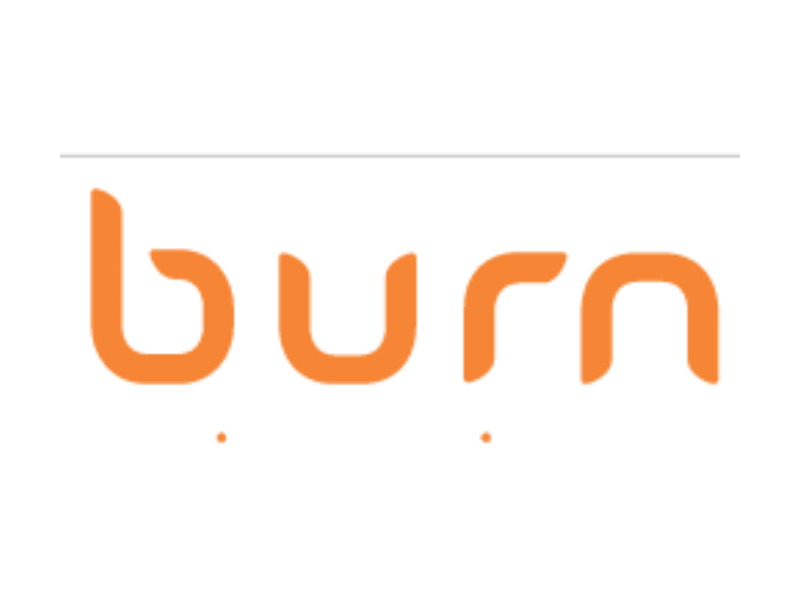
In Sub-Saharan Africa, approximately 950 million people still cook with wood or charcoal for their daily meals, often using open fires or inefficient stoves. Cooking with polluting fuels has an array of negative socio-economic, gender, health, and environmental impacts. Specifically, demand for wood fuel for cooking is a leading contributor to African deforestation, which in turn accounts for around 3% of global emissions – approximately the same share as the aviation industry. By making the switch from cooking with charcoal to BURN’s e-cooking products, users can reduce their annual CO2 emissions by up to 4 tons, the equivalent of the CO2 absorbed by 200 mature trees in a year.
“BURN is best known for creating the most fuel-efficient natural-draft biomass stoves, all made in Kenya and distributed across the continent. While we know improved cookstoves still have a critical role to play for rural families, the future of clean cooking in Africa is electric,” said Peter Scott, Founder and CEO of BURN. “Transitioning households that rely on charcoal to e-cooking represents a massive opportunity to democratize access to zero-indoor-emission cooking for low-income households. Not only are we introducing a new line of revolutionary e-cooking appliances, but also products that are designed for local cooking practices with regional after-sales support and service.”
BURN’s launch into e-cooking has been supported by a variety of partners, representing $17 million in funding raised to-date. Prior to today’s launch, the company received $7 million from programs like USAID’s Development Innovation Ventures and Innovate UK’s Energy Catalyst (funded through the Foreign Commonwealth and Development Offices Transforming Energy Access Programme), among others. Most recently, the Nordic Environment Finance Corporation’s Modern Cooking Facility for Africa announced a €10 million partnership to provide result-based financing to support the company’s expansion into e-cooking.
The launch also follows 3 years of pilot testing in Kenya and Tanzania, which have proven successful adoption of BURN’s e-cooking products. A BURN-commissioned study of pilot users, conducted by 60 Decibels, found that 100% of BURN electric stove users in Kenya have either reduced or eliminated charcoal usage, 93% report an enhanced quality of life, and 70% now cook with electricity for the majority of their meals.
“Previously, I was using firewood and charcoal daily. I used to experience a lot of severe headaches, stuffy nose, and itchy eyes cause of the smoke. I like using the ECOA Induction Cooker because the severe headaches have subsided. There is no more teary eyes or stuffy nose,” said Cecilia Njenga, one of BURN’s pilot participants. “I would use three bags of charcoal in a day, amounting to 210 Kenyan shillings. It was lot to pay for. Now, what I used to spend for one day, I can use over 3-5 days.”
Africa is uniquely positioned to benefit from affordable electric cooking solutions due to its growing commitment to clean energy. In Kenya, more than 75% of the country’s electricity comes from renewable sources. Additionally, an estimated 600 million Africans (roughly 50% of the population) have access to electricity and in Sub-Saharan Africa, nearly 80% of urban households are grid-connected. But only 5% of African households today use electricity for cooking.
Through its network of sales agents, BURN is aiming to bring its e-cooking products to 50,000 African households by the end of 2023. BURN has selected markets with high levels of urban grid connectivity, and where electric cooking is cheaper than charcoal, facilitating a clean fuel transition for households.
BURN is planning to leverage carbon financing for its e-cooking efforts to achieve maximum scale. Carbon financing will not only allow BURN to subsidize the product costs, but also subsidize electricity costs in markets that have higher electricity costs. BURN’s carbon projects will be verified under Gold Standard’s new metered methodology, with live tracking of stove usage to ensure high-integrity carbon credits are delivered.
For more lifestyle related news:
Casio announces launch of Virtual G-SHOCK Community
Canon launches two new printer models
L’Oréal completes formalities of acquiring Aesop


